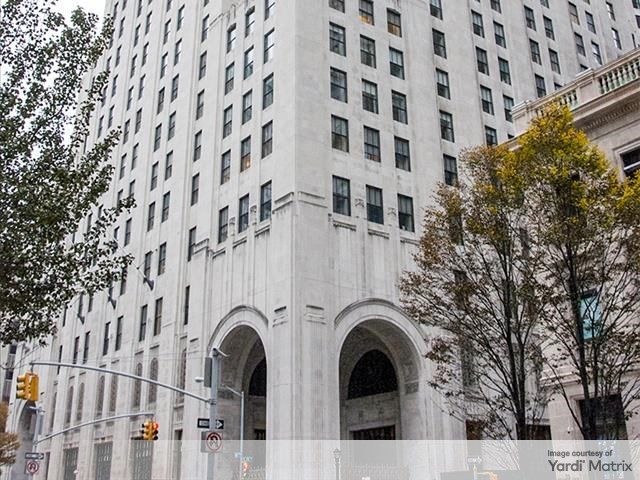The Pros and Cons of Zero Cash-Flow Deals
Jonathan Hipp of Avison Young on a predicament that many owners could be facing.
Can you imagine ever investing in a property that produces no cash flow? Believe it or not, there are actually times when such deals can be advantageous, but they come with a warning label. While zero cash-flow assets do have a place–especially when it comes to single-tenant net leased properties, they’re certainly not for everyone. Hence, enter such opportunities with a trusted real estate adviser as well as your tax and legal counsel.
What is a zero? It’s just a property with a loan whose debt service is equal to the NOI. To make one, typically you need a credit tenant on a long-term lease. This makes it possible to get the highest possible leverage. So high that the debt service coverage ratio equals one. There’s no handy way to convert that to an LTV because each deal is different, but historically it’s been close to 80 percent LTV.
So why do that? Isn’t cash flow the whole point of investing in real estate? It is, except for when it isn’t. One situation immediately comes to mind.
First, let’s say you find yourself in the unfortunate situation where you need to hand the keys back to a lender. If that happens, you’ve triggered a sale (for tax purposes). The sales price is the balance on the loan, and your basis is whatever it is. It’s not uncommon for a longstanding owner of a property (who therefore likely has low basis) to have refinanced out some equity from time to time during their ownership. What happens when you sell that property, by your choice or otherwise, and are left at the closing table with little to no cash with which to 1031 and defer your built-in gain?
If you can’t find a suitable replacement property with which you can obtain enough leverage to cover your gain, or come up with additional cash to do so, you’re getting a tax bill.
Enter the zero
Due to the zero being so highly levered and, therefore, requiring the lowest possible amount of equity to close the deal, these properties make a great option for “living to fight another day” without triggering your gain. You’ll be forgoing cashflow, but in this situation, you likely weren’t getting any to begin with. We’ll call this: the least worst option.
It should be noted, however, that while you’ve effectively deferred your gain if you pursue this strategy, and you are therefore guaranteed no cash flow, you’ll still likely have taxable income generated by the zero. We’d refer to this as phantom income. That is to say: income on which you’ll be taxed, but no cashflow with which to pay it.
The source of this is twofold. First, if you had low basis going in, your depreciation deductions are limited to what you were getting on the deal you gave back.
Secondly, the loan on the zero is going to amortize like any other loan and, over time, the interest deductions will diminish.
All of this is true for any property with debt that is owned long enough. So, it’s not unique to zeros. It’s just more obvious because of the lack of any cash flow at all.
There are creative ways to help mitigate this, but, in the long run, you’ll need to be prepared.
Pulling this all together, a zero may be a viable strategy for some owners, particularly considering some of what is taking place in the capital markets these days. There are many factors to consider and, as we said at the outset, having a solid team of experienced advisors is essential to successfully navigating the world of zeros.
Jonathan Hipp is head of the U.S. Net Lease Group at Avison Young.








You must be logged in to post a comment.